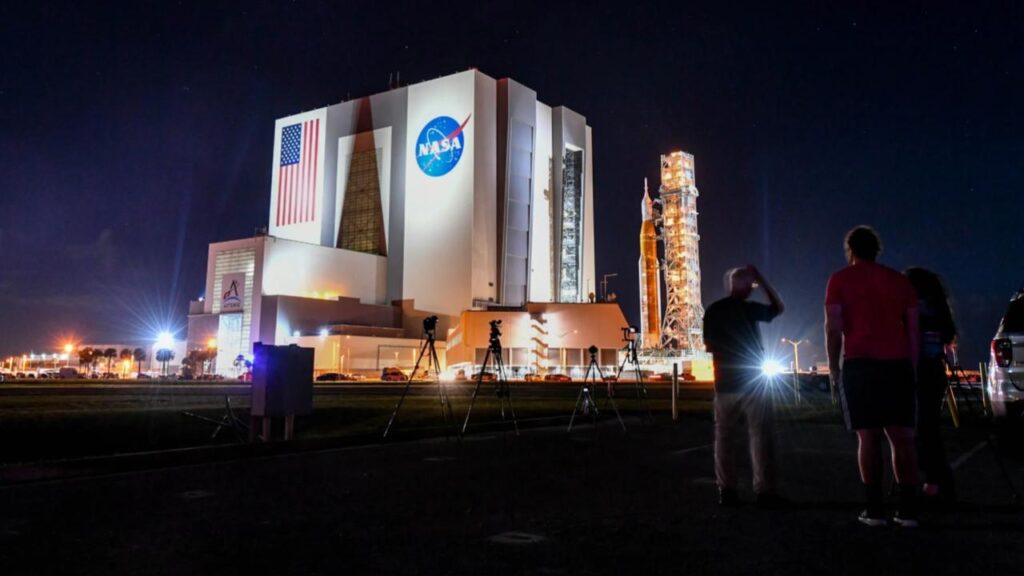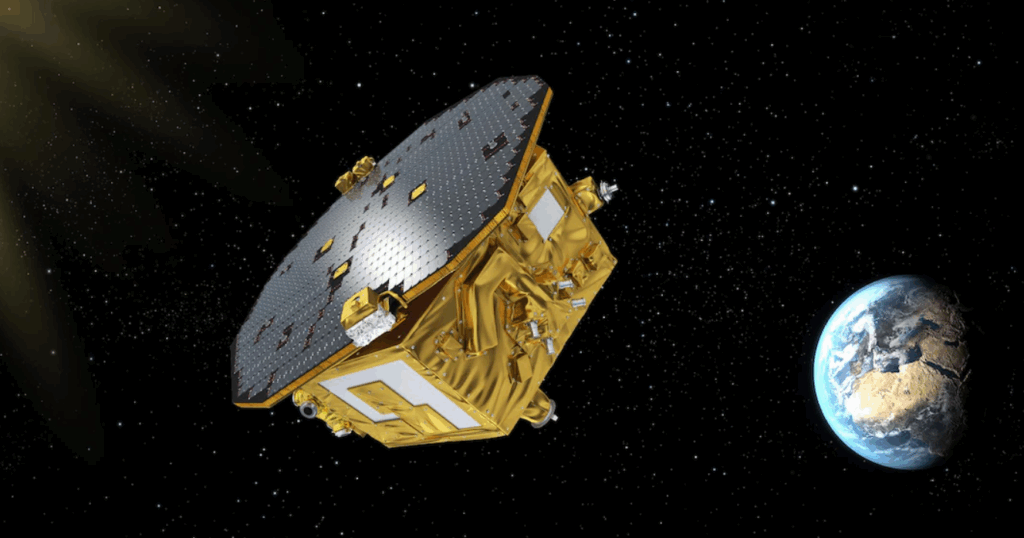The Biden-Trump space race just took a sharp turn. In President Donald Trump’s proposed 2026 federal budget, NASA’s science missions are on the chopping block—with nearly half of the agency’s science portfolio facing cancellation. If Congress doesn’t intervene, decades of space research could grind to a halt.

Trump’s 2026 Budget Targets These Key NASA Missions
| Threatened Program | Budget Impact |
|---|---|
| Mars Sample Return | Canceled entirely |
| NASA Science Budget | Cut by 53% |
| NASA Workforce | 5,500 jobs lost |
Deep Cuts, Deep Concerns
Trump’s fiscal 2026 budget drops NASA’s funding from $24.8 billion to $18.8 billion—a 24% reduction that would roll NASA’s budget back to levels last seen in the early 1960s.
The hardest-hit area? The agency’s science directorate, with funding slashed from $7.5 billion to $3.9 billion. That’s over 50% gone, affecting more than 40 active missions.
As someone who’s covered NASA for over a decade, I can’t recall a time when this many cornerstone programs were simultaneously under threat. It’s not just cuts—it’s a full-on reimagining of what NASA is for.
What’s Getting the Axe?
Planetary Science
- Mars Sample Return: Years in the making, this flagship project is fully canceled.
- VERITAS and DAVINCI (Venus missions): Scrubbed.
- Juno, MAVEN, Mars Odyssey, New Horizons: All extended missions now at risk of early shutdown.
- ExoMars (with ESA): U.S. involvement eliminated.
Astrophysics
- Chandra X-ray Observatory, Fermi, TESS: De-funded or shut down.
- Nancy Grace Roman Telescope: Cut to less than half its planned funding, possibly delaying its 2027 launch.
- International missions like LISA and Euclid may lose key U.S. support, jeopardizing global collaborations.
Earth Science
- Budget cut by 53%, halting climate-focused missions and Earth-monitoring satellites like Landsat Next.

The Human Exploration Trade-Off
The proposed budget doesn’t gut everything—it just pivots hard toward human spaceflight.
- $7 billion is reserved for Moon and Mars crewed missions.
- Another $1 billion will support Mars technologies—spacesuits, landers, and infrastructure.
That means funding for Space Launch System (SLS) and Orion spacecraft remains—for now. But reports suggest these, too, may be discontinued after Artemis III, projected for 2027.
Instead, the budget leans into commercial vehicles like SpaceX’s Starship and Blue Origin’s lunar landers.
“Trump’s team wants NASA out of the rocket-building business,” one anonymous source told Time. “If it doesn’t launch astronauts, it’s probably not safe.”
Reactions: From NASA to Capitol Hill
The backlash has been swift.
Science Leaders Sound the Alarm
The Planetary Society called the proposal a “generational threat” to American space science.
“These cuts could set planetary science back by decades,” warned Casey Dreier, the group’s chief of space policy.
International Fallout
With the U.S. pulling back from joint missions, partners like the European Space Agency (ESA) and Japan’s JAXA are already raising red flags. Projects like ARIEL and EnVision could unravel without NASA’s involvement.
Congress May Push Back
Lawmakers from both parties have historically protected NASA science—especially Earth climate studies and planetary missions. And with bipartisan pride in projects like Artemis, Trump may not get all he’s asking for.
NASA’s Own Scientists Are Bracing
Internally, the impact could be devastating. According to the Houston Chronicle, nearly 5,500 NASA jobs could vanish if the cuts go through.
That’s not just paper-pushers. We’re talking engineers, mission scientists, analysts—many with decades of institutional knowledge. As a former NASA intern, I can tell you: the talent inside that agency is unmatched. To let it walk away would be a self-inflicted wound.
A Political Moonshot—or a Science Crash?
Trump’s vision leans into prestige projects: astronauts on Mars, maybe a flag on the Moon before China gets there. But it’s doing so by defunding the very programs that made those dreams possible.
Will Congress agree? That’s the billion-dollar question.
“Space science is not just about rockets,” Dreier said. “It’s about understanding our universe—and our planet. You don’t cancel that lightly.”






